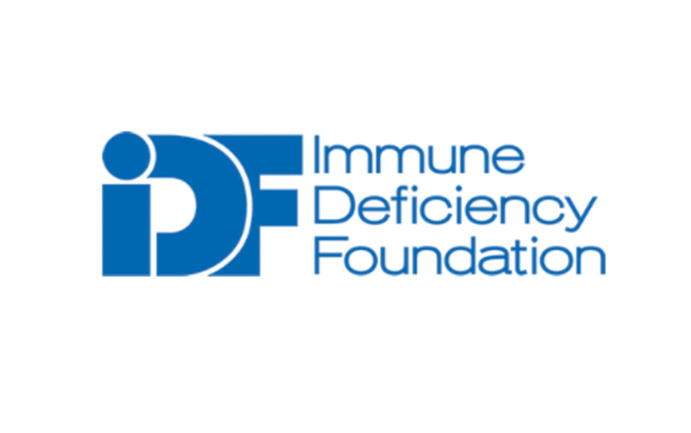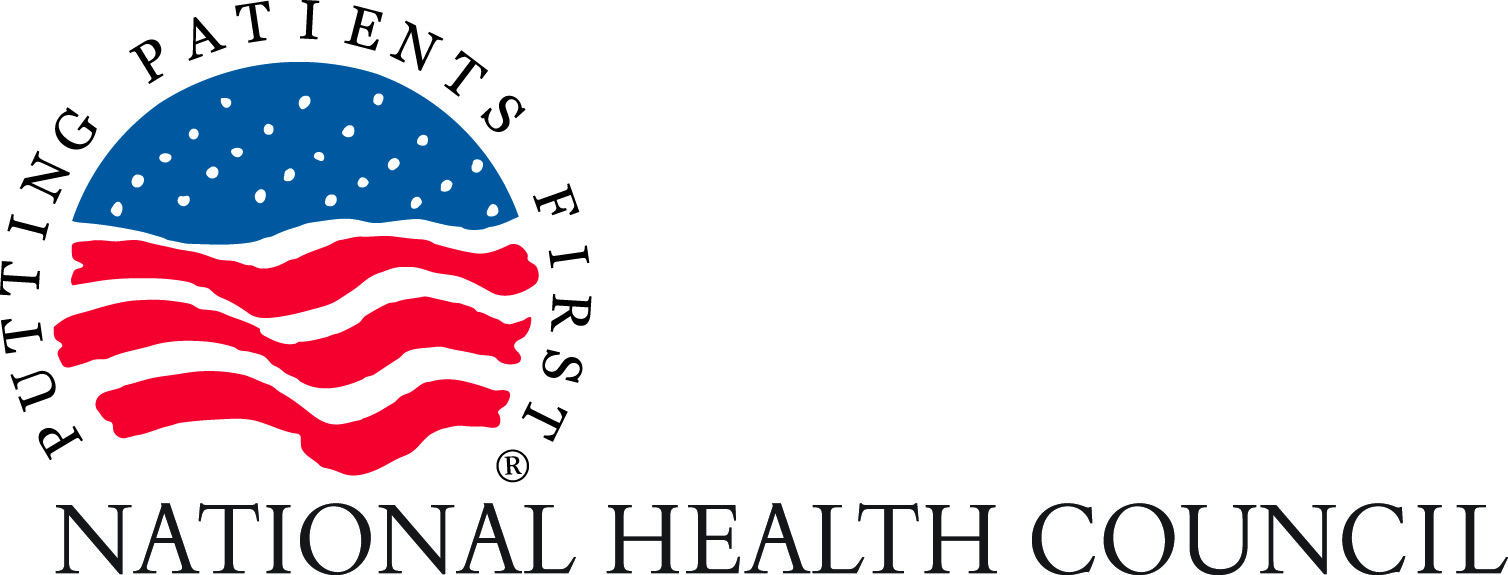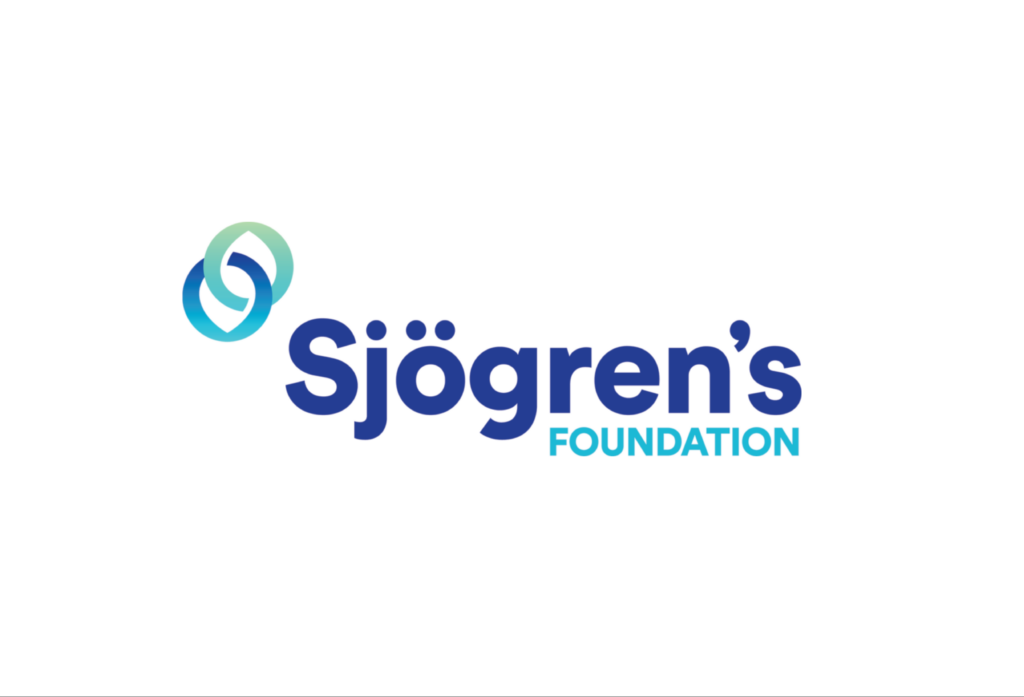The Immunocompromised Collaborative Advocates for Patients with Immunodeficiencies
By Lynn H. Albizo, JD, Vice President of Public Policy, Immune Deficiency Foundation
The Immunocompromised Collaborative is the united voice of patient communities whose health status makes them most vulnerable to threats from infectious disease. This group of patient organizations is calling attention to the challenges faced by the immunocompromised community and working to identify and advance policy solutions.
The Collaborative was launched in the summer of 2020 at the height of the pandemic by the Immune Deficiency Foundation (IDF), The AIDS Institute, the American Autoimmune Related Diseases Association (AARDA), the Lupus Foundation of America, and Susan G. Komen. As concern about the Delta variant continues to grow, the need for this initiative remains clear.

Immunocompromised conditions include people with primary immunodeficiencies (PI) in which a person’s immune system fails to function properly because of genetic or intrinsic defects and secondary immunodeficiencies in which external factors lead or contribute to a diminished immune system. People with secondary immunodeficiencies include those who test positive for the human immunodeficiency virus (HIV) and those with cancer and other conditions, such as people who receive an organ or bone marrow transplant and those whose treatments include immune-suppressing interventions or medications. Also included are individuals with autoimmune conditions in which the body’s immune system does not work properly and mistakenly attacks and destroys healthy body tissue.
Top priorities of the collaborative include vaccine awareness, COVID-19 protections, access to treatment at home, and sustained and expanded access to care via telehealth. The collaborative steering committee has developed a direct line of communication with Centers for Disease Control and Prevention (CDC) COVID-19 response team and has provided guidance to that team on updates to the CDC COVID-19 related webpages. The specific issues the Collaborative continues to address with the CDC COVID Response Team include:
- Ensuring appropriate recognition of the immunocompromised population in all COVID-19 related guidance and directives for the general public;
- Creating guidelines concurrent with the development of general guidelines specifically for the immunocompromised;
- Elevating and increasing content about the immunocompromised community and our challenges with COVID-19 on the agency’s website in areas that are accessible to both the immunocompromised community and the public at large;
- Engaging with the patient community to develop recommendations that reflect the patient voice in addition to the medical community, closing an ongoing communication gap between the agency and the patient community;
- Helping the CDC ramp up vaccinations nationally by leveraging the stories and experiences of the immunocompromised community to support education campaigns that increase public trust in vaccinations and raise the importance of attaining herd immunity; and
- Ensuring an ongoing focus on the needs of the immunocompromised in all public health guidelines including those related to COVID-19 and future public health challenges.
As I write this post, it is disappointing to see a number of regions of the country struggling with spikes in positive COVID-19 tests and overflowing hospitals as the number of new cases – and deaths – rise nationally. It was not long ago that we were all optimistic that such scenes were behind us and that we could continue moving toward safe levels of pre-pandemic life.
However, the unpredictable nature of COVID, including the challenges posed by the Delta variant and the amount of information that remains unknown, makes clear the need for continued vigilance and engagement, particularly for those, like our community, who are particularly vulnerable.
The Collaborative meets monthly and continues to stay engaged on policy issues surrounding COVID-19 and its impact on the immunocompromised community. This will include regular contacts with CDC and with policymakers, particularly as the nation navigates the current set of challenges.
And while this group was formed in response to the pandemic, we are committed to continuing our advocacy and collaboration on behalf of the immunocompromised into the future.
To join the collaborative or to receive additional information on our ongoing efforts, please contact me at [email protected].
The Immune Deficiency Foundation is a National Health Council (NHC) member. For more information on joining the NHC, click here.



